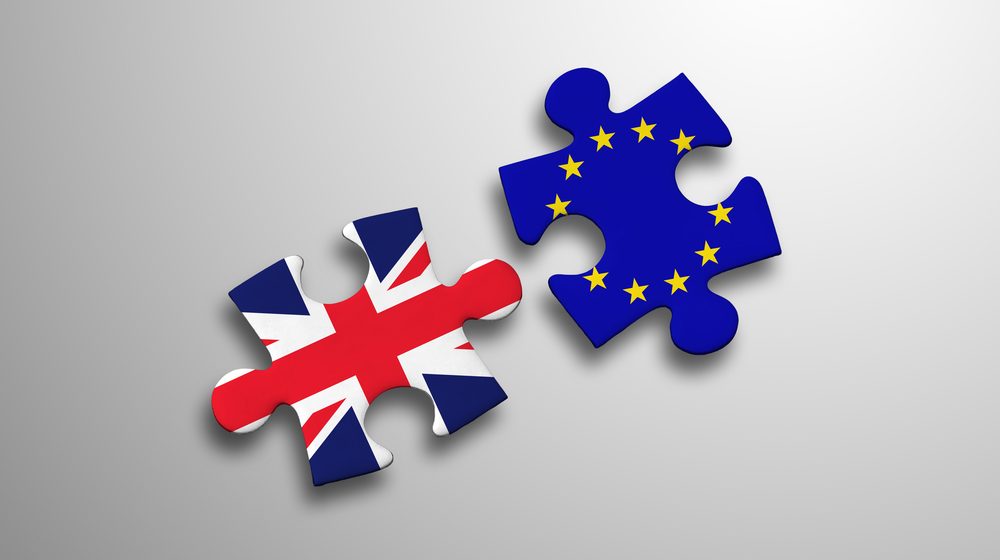As we enter a key Brexit endgame week, a few thoughts – informed by game theory – come to mind on the ironies of the British negotiation position and strategy thus far.
The basic claim of bargaining theory is that you need a strong ‘reversion point,’ that you can go back to if bargaining fails. Once Article 50 was activated, that was necessarily ‘No Deal’ for the UK. But No Deal is likely self-damaging and certainly divisive. So, it did not and cannot represent a credible reversion point.
Without this clear reversion point, one option is to pretend you want something self-damaging – the ‘madman’ approach. For this tactic to work, though, you need to be believed to be ‘mad’ and strike a consistent message. You can’t do what Theresa May has done and publicly say different things to different people: threaten Remainers with ‘No Deal’ while waving ‘No Brexit’ at Brexiteers.
However, a more consistent stance of ‘madness’ would have been unlikely to work because so many British people (a) do not want a No Deal Brexit, and (b) would be damaged by its consequences. So, what were other options for bargaining?
Another alternative is a ‘war of attrition’ – if you can afford to take on costs of bargaining longer than the opponent, you may wear them down. But this strategy ran up against two problems: (a) invoking Article 50 effectively eliminates this as a possibility, and (b) the desire of Leave voters to just ‘get on with it’.
A further option is to demonstrate how resolute you are in bargaining by ‘signalling’ your determination through some costly public actions. With Brexit, however, No Deal planning was left late and its cost – the Seaborne ferries contract, for example – has been widely derided.
Or, you could ‘divide and rule’, but the UK has been far more torn internally than the EU 27 have been collectively. It shows that bargaining off of the basis of a narrow electoral win is foolhardy.
Finally, you could make the best of your situation by employing experienced and cold-blooded negotiators – which is exactly what EU had been worried about. Instead, May fired Ivan Rogers and the Brexit Secretary David Davis wasted two years with minimal engagement with Brussels. The aims that Brexiteers wanted – and promised – are far from achieved.
And so we are where we are. A country that had long had a reputation for shrewd negotiation and pragmatic decision-making has acquired a new reputation.





